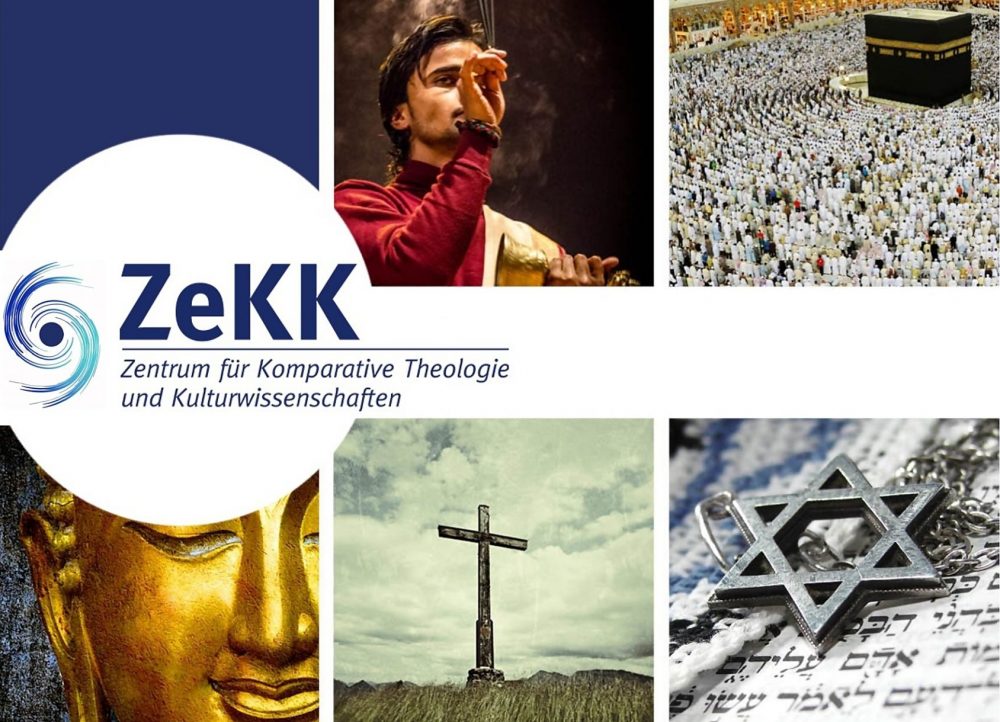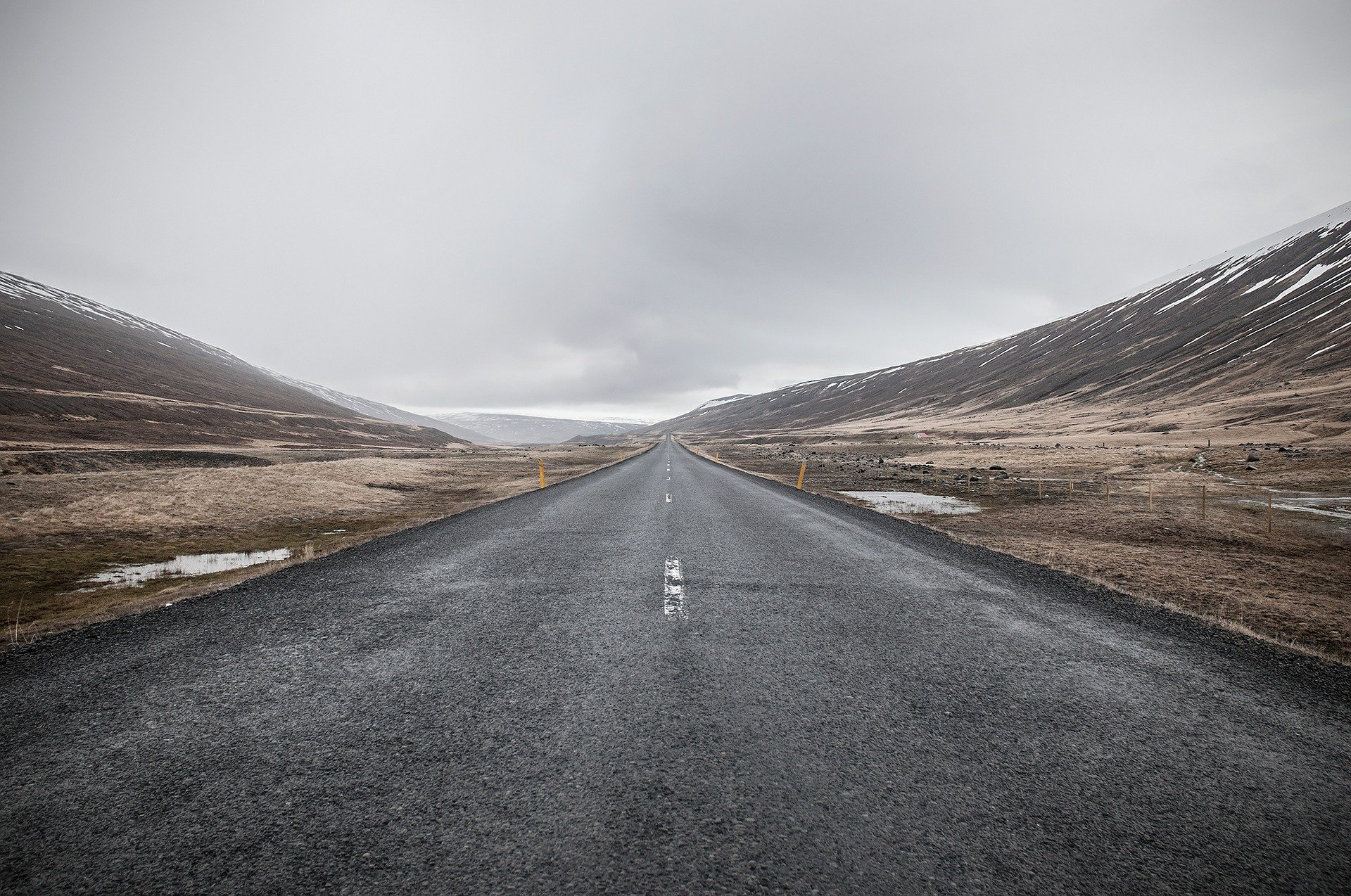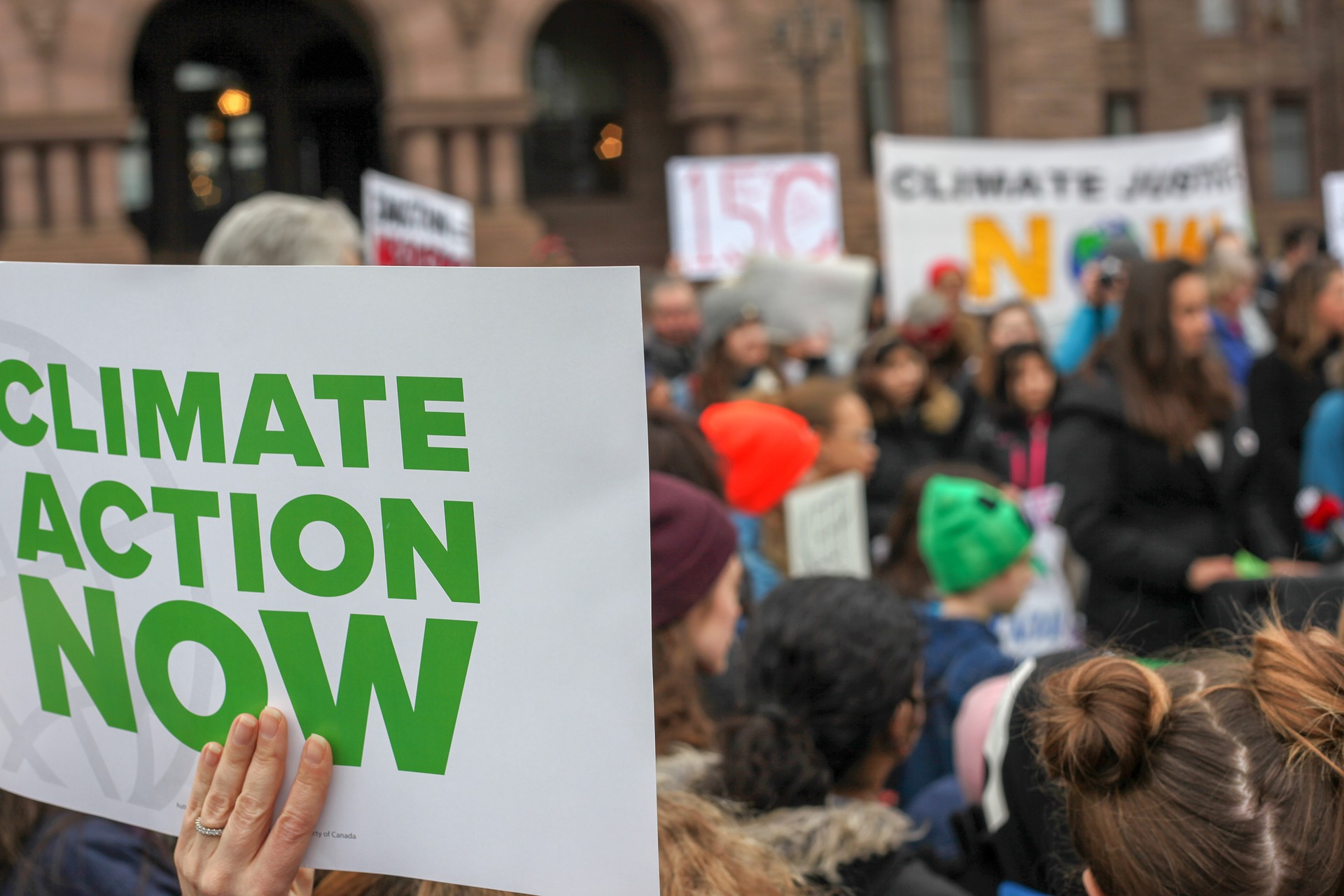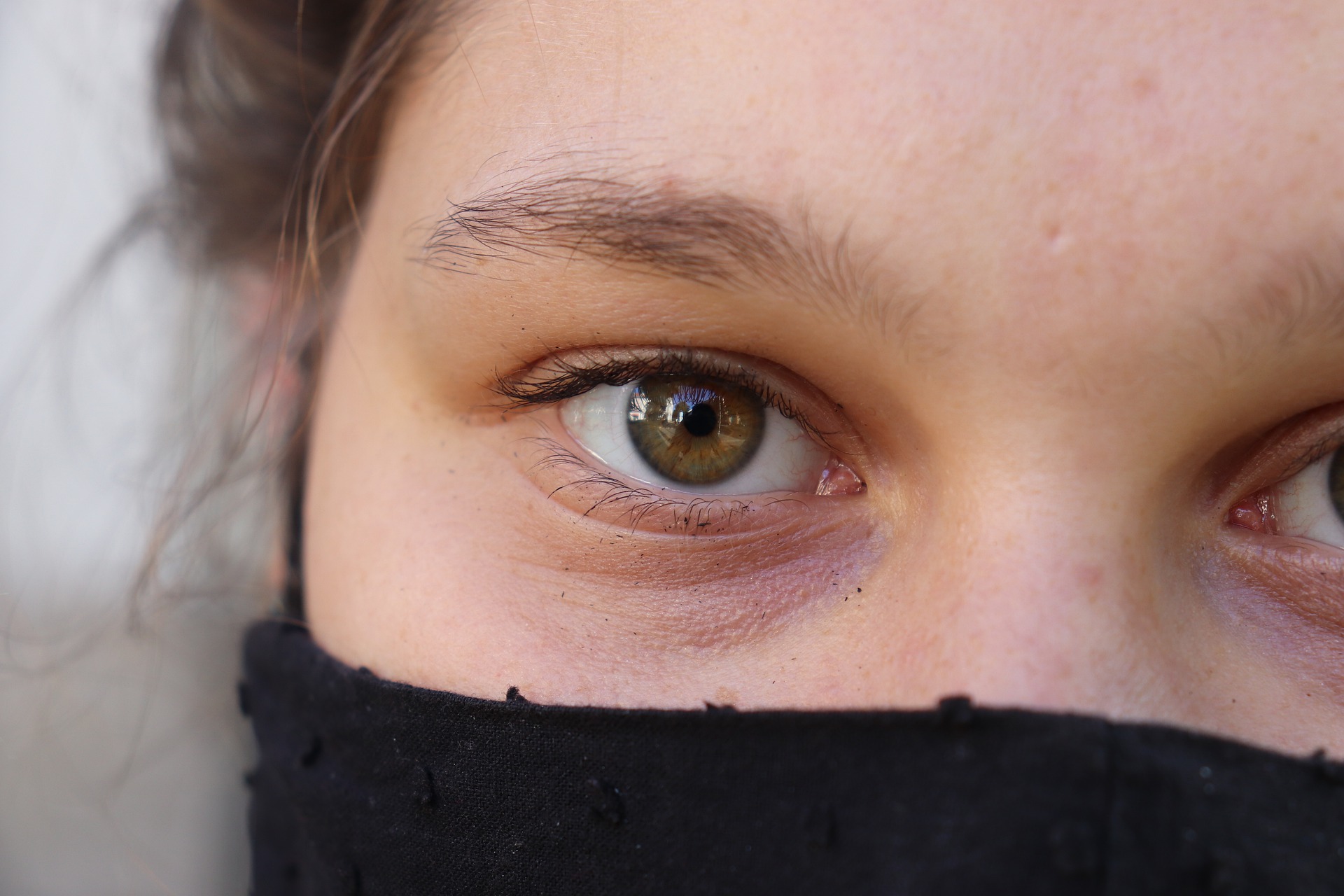Kein bedrückender Essay, dass dieses Weihnachten alles anders ist. Kein melancholischer Jahresrückblick mit Menschen, Emotionen und Bildern. Keine hitzige Diskussion über Zahlen, Maßnahmen, überholte Familienvorstellungen oder Gottesdienstregelungen. Keine zynische Coronaversion der Weihnachtsgeschichte à la „Es begab sich aber zu der Zeit, dass ein Gebot von der WHO ausging, dass alle Welt sich impfen ließe.“ Keine theologisch-ethische Abhandlung über Distanz als Zeichen von Nächstenliebe. Keine wirkungslose Dankesrede an Menschen in systemrelevanten Berufen. Keine selbstreferentiellen Erfahrungsberichte über Corona Blues, Quer„denker“-Demos vor der Haustür oder volle Innenstädte. Kein moralischer Fingerzeig auf all die Probleme, die während der Pandemie aus dem Fokus geraten. Und kein naives Hoffnungsgesäusel, dass nächstes Jahr alles besser wird.
Nichts davon finden Sie in diesem Beitrag, denn das meiste haben Sie bereits zu Hauf gelesen, gehört, gedacht. Wie jedes Jahr hat auch 2020 jede*r unterschiedlich erlebt. Und wie jedes Jahr ist das Ende des letzten Kalendermonats auch in diesem Jahr eine gute Gelegenheit, sich für das kommende Jahr privat, beruflich und im Glauben zu fragen: Was kann weg, was soll bleiben? Was will ich vermeiden, was erreichen? Welche Beziehungen möchte ich beibehalten, welche beenden? Was macht mich zuversichtlich, was bereitet mir Sorgen? Wie lauten meine Wünsche, Hoffnungen, Ziele?
Vielleicht finden Sie in diesem Beitrag also in konzentrierter Form, was in allen BloKK-Beitragen dieses Jahr zu finden war und auch 2021 wieder zu finden sein wird: Anregungen zum Nachdenken über sich selbst, über andere, über Gott und die Welt.
Und so schließe ich den letzten BloKK-Beitrag für das Jahr 2020 mit den Worten Dietrich Bonhoeffers, die er zum Jahreswechsel 1944/45 aus der Haft an seine Liebsten schrieb:
Von guten Mächten wunderbar geborgen,
erwarten wir getrost, was kommen mag.
Gott ist bei uns am Abend und am Morgen
und ganz gewiss an jedem neuen Tag.

Rebecca Meier ist wissenschaftliche Mitarbeiterin in der Systematischen Theologie am Institut für Ev. Theologie der Universität Paderborn



